Energy Minister George Papanastasiou on Tuesday met Egypt’s Petroleum Minister Karim Badawi for a “results-oriented discussion” regarding the two countries’ efforts to exploit natural gas from under the seabed of Cyprus’ maritime exclusive economic zone (EEZ).
He wrote in a post on social media that the discussion had centred on “accelerating our joint efforts” to connect the Kronos natural gas field, which is located in Block 6 of Cyprus’ EEZ, to “Egypt’s energy infrastructure” by 2027.
The meeting comes days after Badawi and other members of the Egyptian government had travelled to Nicosia and announced that natural gas from Cyprus’ EEZ will be exported to Europe via Egypt in 2027.
That target will depend on a final investment agreement being signed by the Egyptian government and the consortium comprising French multinational corporation Total and Italian energy company Eni, for the exploitation of the natural gas from the Kronos field.
The Egyptian government was in February designated as the “host government” for Block 6 of Cyprus’ EEZ.
Given the proximity of the Kronos reservoir and Block 6 to Egypt’s Zohr gas field, which Eni also operates, Eni will be able to use its own infrastructure to take the Cypriot natural gas to the Segas liquefied natural gas (LNG) terminal in the Egyptian port city of Damietta.


With this in mind, Papanastasiou also held meetings with Total’s chief executive officer Patrick Pouyanne and Eni’s chief operations officer Guido Brusco on Tuesday.
Last week, he had explained that the planned agreements “cover the entire supply chain” from the liquefaction of the natural gas, which will take place in Damietta, through to the export of the LNG to Europe.
Seabed surveys to find a sinking point for the pipeline which will take natural gas from Cyprus’ EEZ to Egypt for liquefaction began in June, with the initial aim being for natural gas from the Aphrodite gas field to be taken to Damietta.
That came after the governments of Cyprus and Egypt, as well as American multinational corporation Chevron, Israeli energy company NewMed Energy, and the BG Group, which is owned by Royal Dutch Shell, signed an agreement which, according to the Cypriot government, established “the framework for the effective commercialisation” of the gas in the field.
That agreement was signed alongside the agreement relating to Block 6 in February.
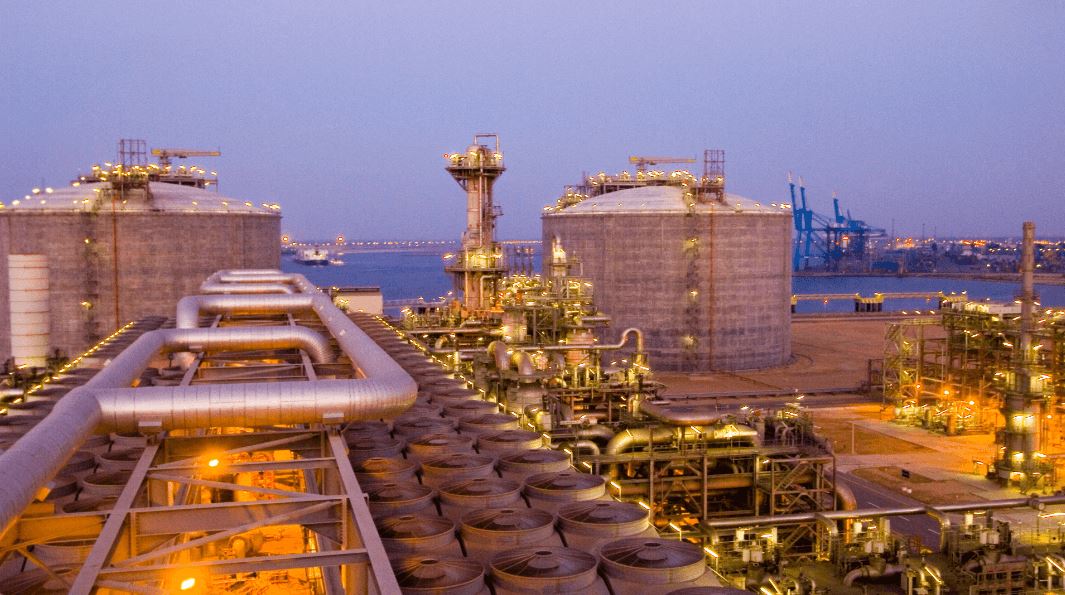
Last week, Badawi had also commented on the prospect of further cooperation between Cyprus and Egypt on the matter of energy, and said that while last week’s meetings had focused mainly on the Kronos gas field, “it is not surprising that we are also working on cooperation regarding the development of the Aphrodite gas field through the facilities in Egypt”.
He said that on this matter, there has been “significant progress”, with the Aphrodite gas field being located in Block 12, the southernmost block of Cyprus’ EEZ.
“Our cooperation in the energy sector with the Republic of Cyprus is very important and is expanding daily. We are here to support the Republic of Cyprus in the full development of its energy reserves, so that it can exploit them and make them available to its citizens and to European markets which need energy,” he said.

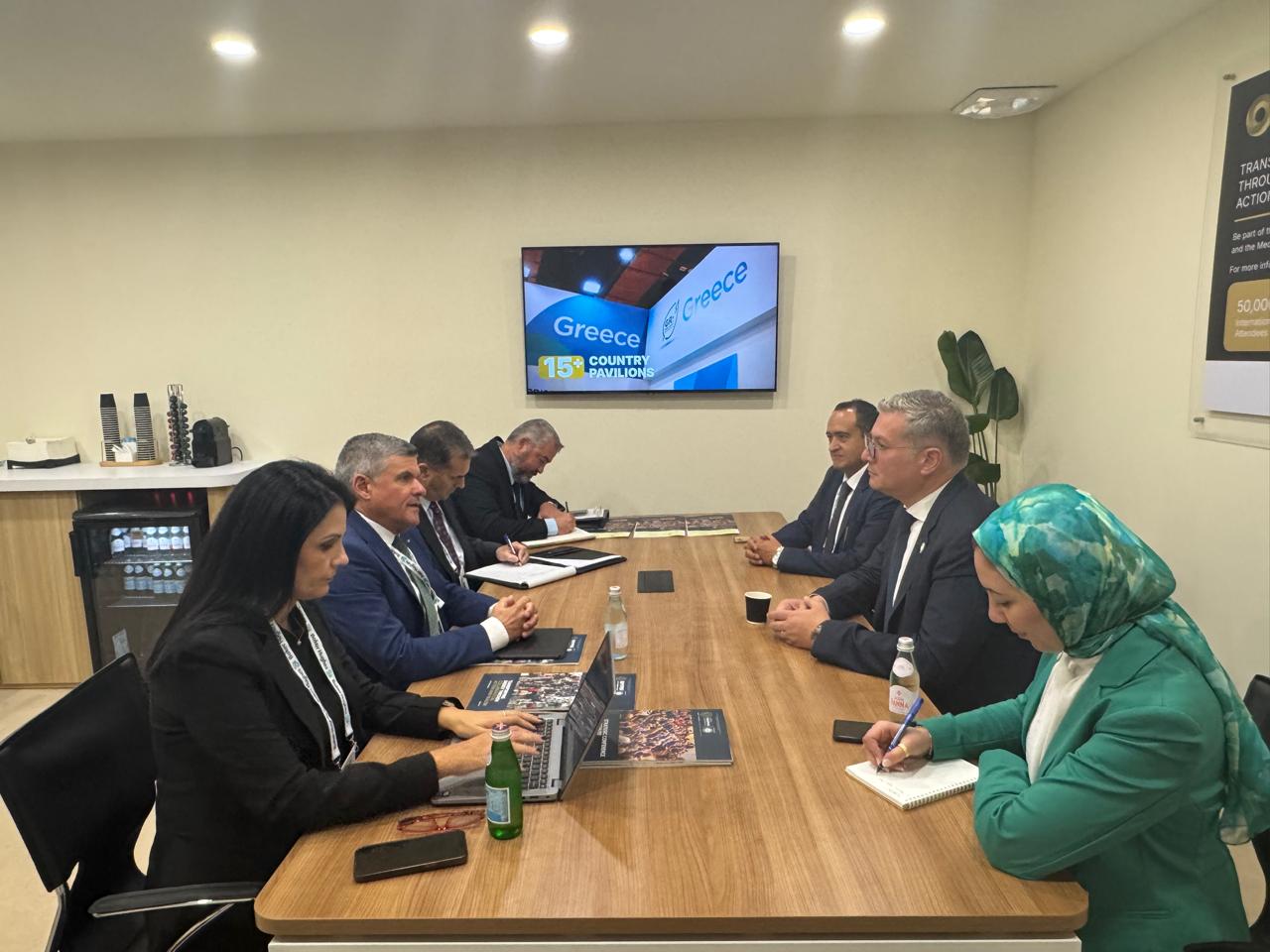

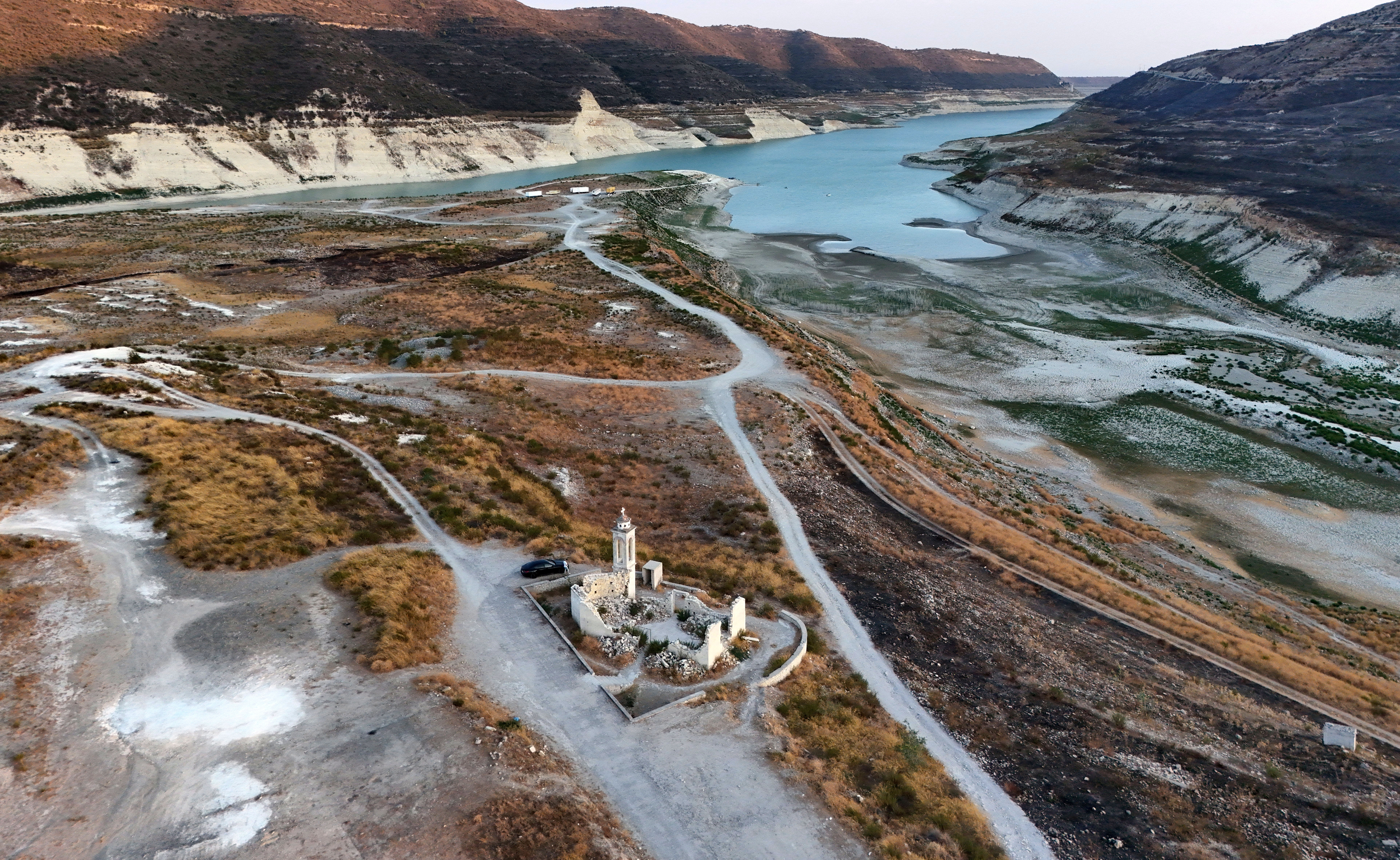

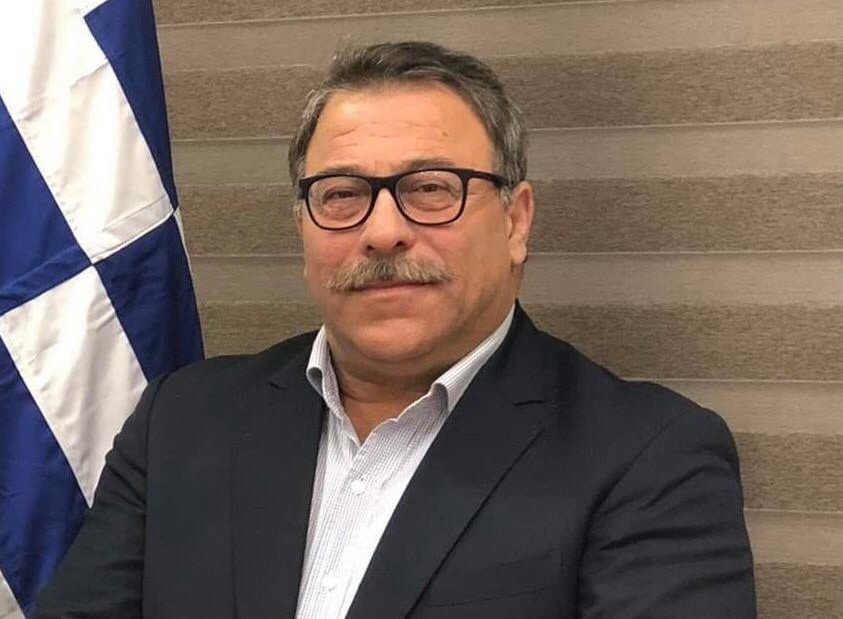
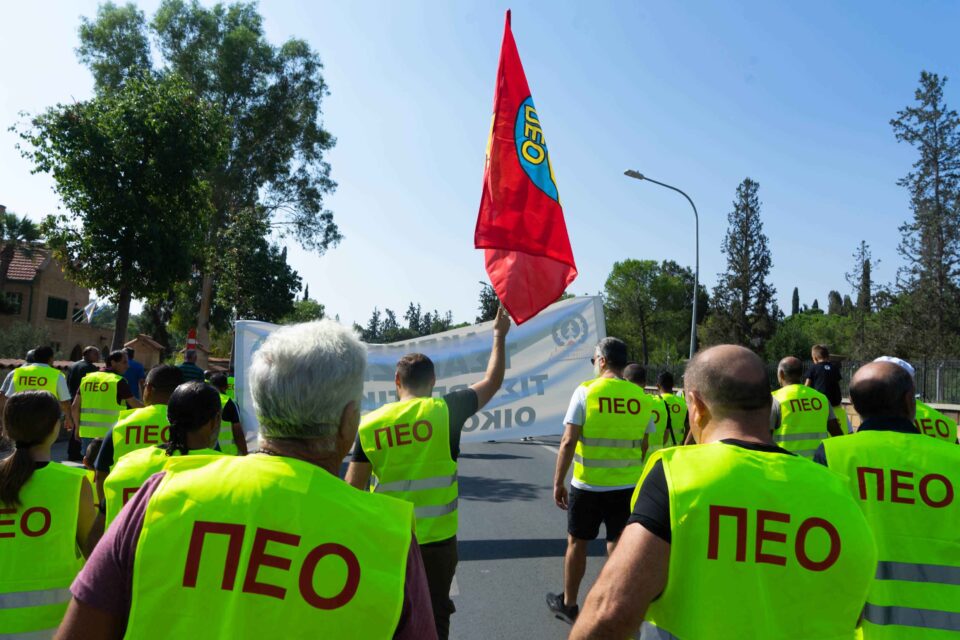
Click here to change your cookie preferences